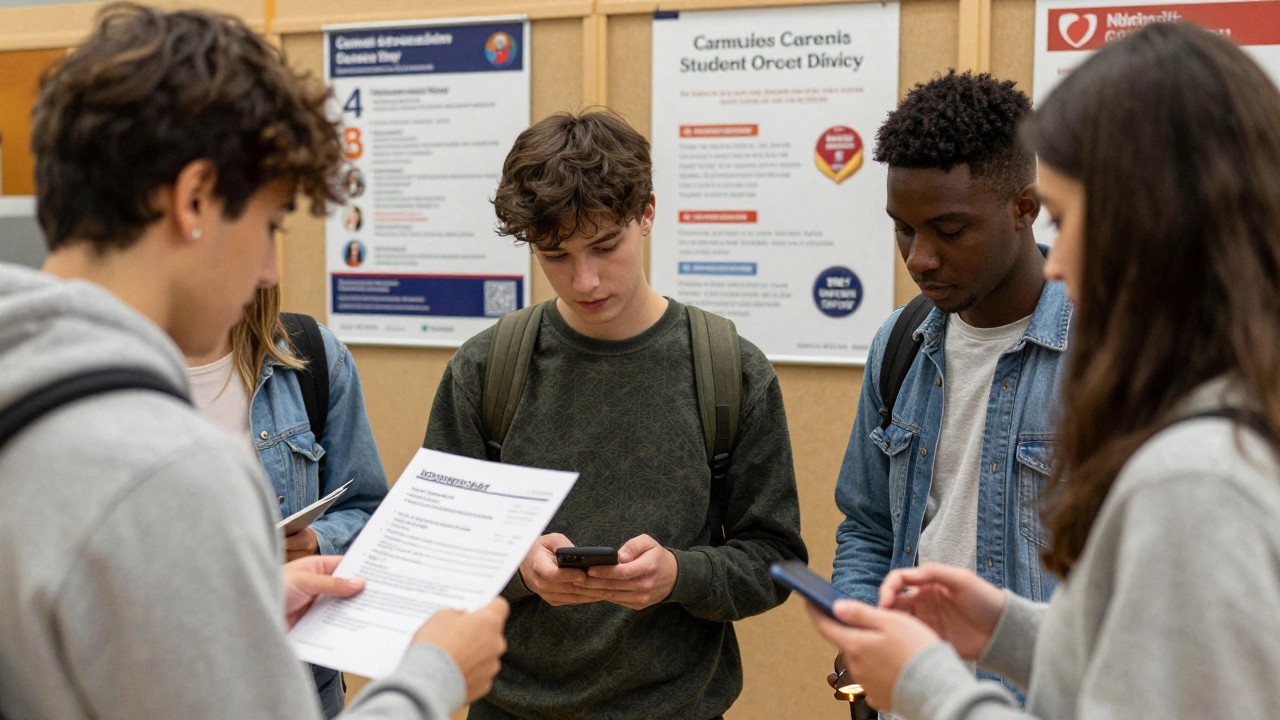Work While Studying UK: What You Can and Can’t Do
When you’re studying in the UK, work while studying UK, the legal right for international and domestic students to take paid employment alongside their studies. Also known as student employment, it’s one of the most practical ways to cover rent, groceries, and that occasional night out—without draining your savings. But it’s not as simple as just applying for any job. Your visa type, course level, and even your university’s location can change what you’re allowed to do. If you’re on a Student Visa (formerly Tier 4), you can usually work up to 20 hours a week during term time. Full-time work is only allowed during holidays. Domestic students don’t have visa limits, but they still need to watch out for tax rules and student loan impacts.
student visa work rights, the specific rules tied to your immigration status that define how, when, and where you can legally earn money. Also known as work permissions, these rules are strict—and breaking them can mean losing your right to stay in the UK. For example, you can’t work as a professional athlete, self-employed, or in entertainment without special permission. Most students stick to campus jobs, retail, hospitality, or remote tutoring. Universities often list on-campus roles first because they’re guaranteed to be compliant. You’ll also need a National Insurance number before you get paid. Don’t skip this step—it’s not optional. Employers will ask for it, and HMRC will track your earnings.
part-time jobs for students, flexible, short-term roles designed to fit around lectures, labs, and deadlines. Also known as student-friendly employment, these jobs are your best bet for balancing income and academics. Think library assistant, barista at the student union, or admin support at your department. These roles often offer shift flexibility, and managers know when exams are coming. Some students find gigs through university job boards, while others use apps like Indeed or StudentJob. The key? Don’t overbook yourself. A 20-hour week sounds manageable until you’ve got a 10-page essay due on Tuesday and a lab report on Thursday. One student told us she worked 25 hours a week her first term—and failed her midterm. She cut back to 12 hours and went from a C to an A.
What you won’t find in official guides? The real trade-offs. Working means less sleep, less time with friends, and more stress. But it also means less debt, more confidence, and better job prospects after graduation. Many UK employers prefer candidates who’ve already balanced work and study. A placement year or a long-term part-time role can turn a CV from average to standout. And if you’re lucky, you might even land a job with your employer after graduation.
Below, you’ll find real guides from students who’ve been there. They cover everything from how to find a job that won’t drain you, to what to do if your employer tries to make you work over your limit, to how to handle taxes when you’re earning under £12,570. You’ll also see how some students turned a weekend café job into a full-time offer after graduation. This isn’t theory. It’s what actually works in the UK right now.
Published on Jan 9
0 Comments
A practical guide for UK students on finding part-time jobs that fit around lectures, stay within visa rules, and build valuable skills-without burning out.
Published on Oct 26
0 Comments
Learn the exact rules for working part-time on a UK student visa, including the 20-hour weekly limit, allowed jobs, consequences of breaking rules, and how to stay compliant while studying.

